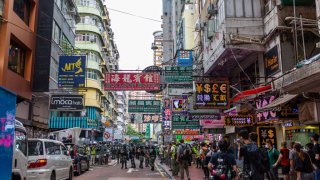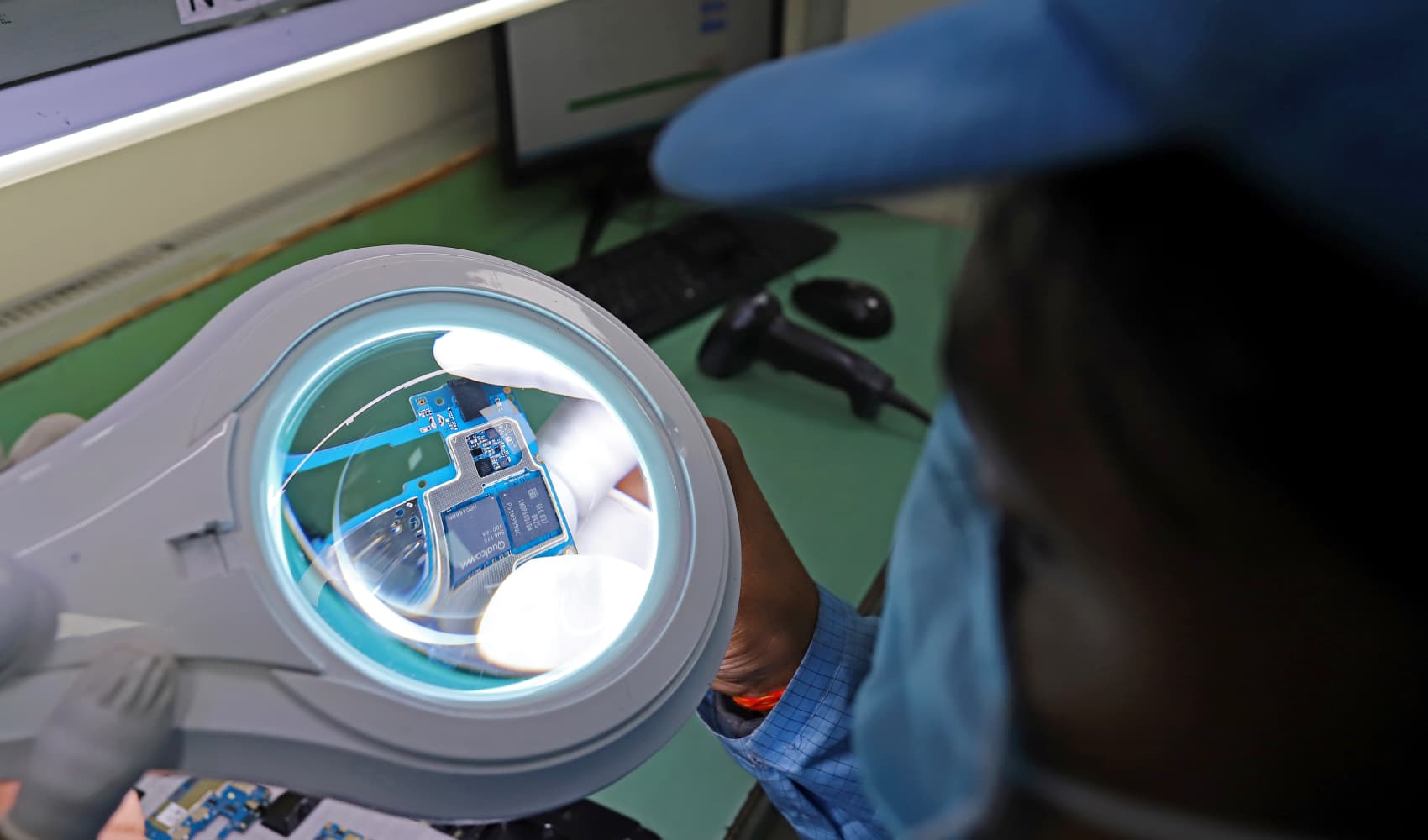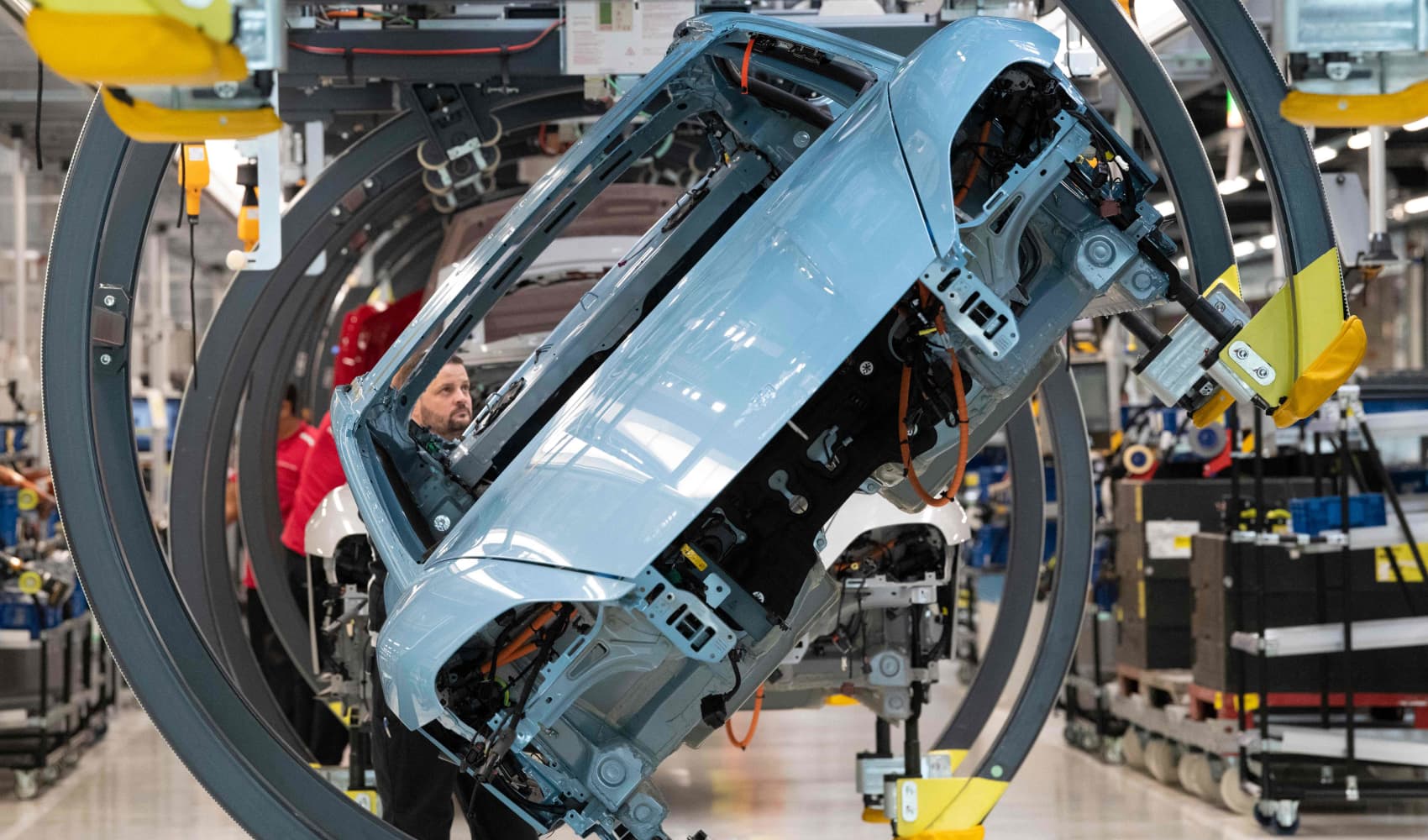
- An analyst who spoke to CNBC predicted less interest in the polls this time, because those electoral changes have "narrowed" the choices for voters.
- The amendments that were introduced as part of the electoral overhaul mean there will be fewer directly elected representatives, and more Beijing-approved officials.
- Democracy advocates and Western governments have accused China of using the new rules to suppress political opposition.
Hong Kong holds elections for the city's legislature on Sunday — the first for the Legislative Council since the central government in Beijing led an overhaul of Hong Kong's electoral process this year.
An analyst who spoke to CNBC predicted less interest in the polls this time, because those electoral changes have "narrowed" the choices for voters. The amendments that were introduced as part of the electoral overhaul mean there will be fewer directly elected representatives, and more Beijing-approved officials.
Kurt Tong, partner at The Asia Group, expects voter turnout at the polls to be "rather low."
Get a weekly recap of the latest San Francisco Bay Area housing news. Sign up for NBC Bay Area’s Housing Deconstructed newsletter.
"Really the choices are quite narrowed for voters, and as a result, I would expect the voter turnout to be rather low," he told CNBC's "Squawk Box Asia" on Friday.
"The character of the election has changed significantly from five years ago where there was really a sense that the legislative council election could have a major impact on the direction of the governance of the city. And that just doesn't seem to be the case now," Tong added.
Money Report
Under the new electoral system, the total number of seats in the legislative has been increased from 70 to 90. But the number of directly elected representatives has shrunk.
Previously, half the Council's representatives were directly elected by regular Hong Kongers. Under the new rules, about a fifth of them will be.
An Election Committee that previously held only limited powers will now hand-pick almost half the Council's representatives outright, and screen anyone who wants to run for the other seats.
Criticism of process
Democracy advocates and Western governments have accused China of using the new rules to suppress political opposition.
Hong Kong's "radical" electoral changes "mean that parties not closely aligned with the mainland or that are not pro-establishment will be excluded almost entirely from the legislature," UK Foreign Secretary Liz Truss said on Dec. 14.
Leaders in Beijing and Hong Kong openly say the new system is designed to ensure that only "patriots" hold office in Hong Kong. But they've rejected outside criticism of the electoral changes, which they characterize as fruitless interference in domestic affairs.
Henry Tang, standing committee member of the Chinese People's Political Consultative Conference, argued to CNBC on Friday that the electoral changes are a step forward for democracy. The CPPCC is China's top political advisory body.
He was responding to a question on whether Hong Kong has lost some autonomy, with the decreased number of directly elected seats.
"I would say that the democratic progress in Hong Kong has moved one further step forward," the former Hong Kong chief secretary for administration told "Street Signs Asia" on Friday. "Because first, we have 90 members of the Legislative Council, instead of the previous 70. The composition has changed because we want more diversity and more inclusiveness."
Tang, who was also the former financial secretary of Hong Kong, explained that the candidates comprise individuals from "many different backgrounds."
— CNBC's Ted Kemp contributed to this report.






